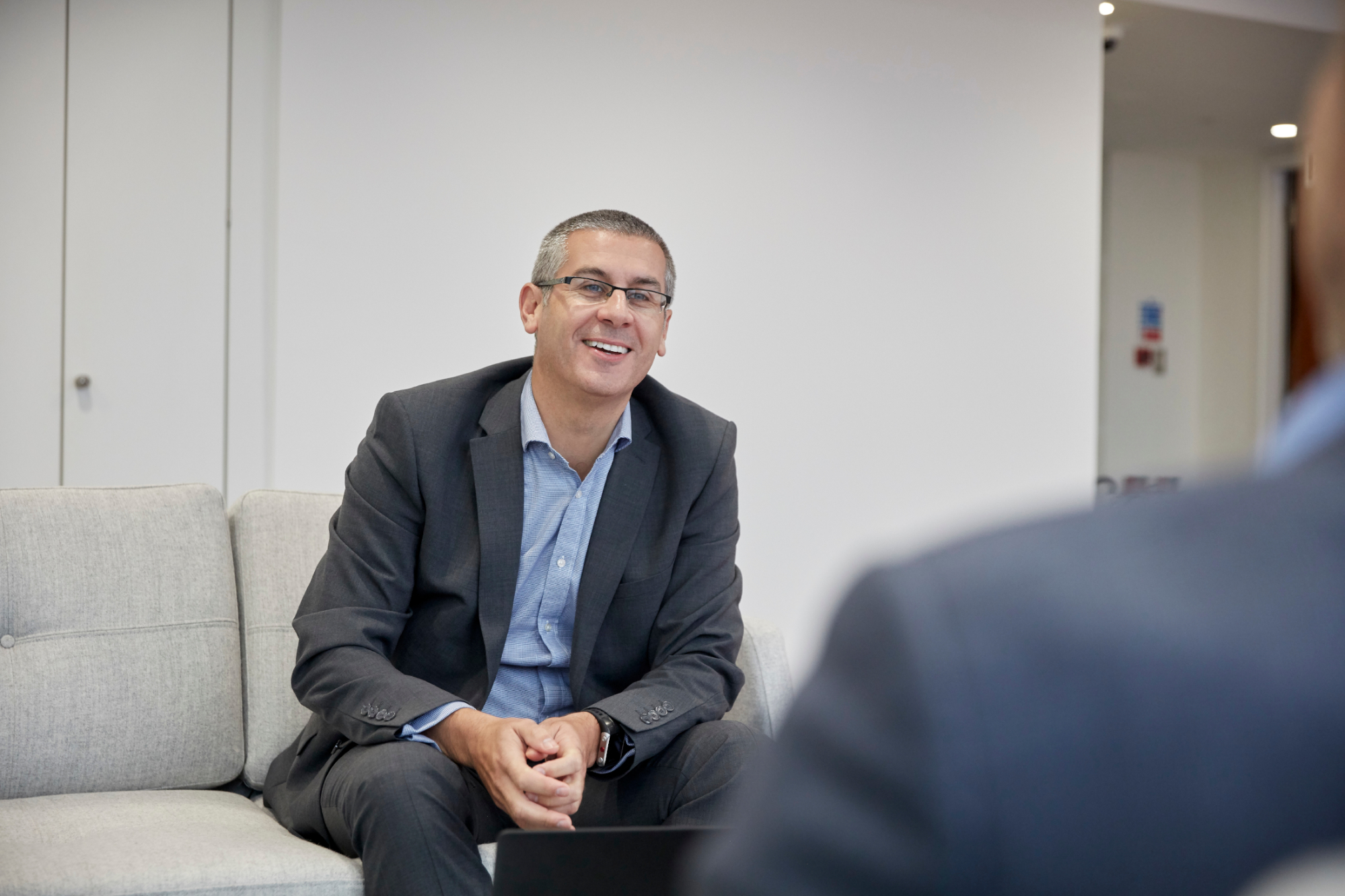Protecting your invention
If you have developed a new invention that improves the way of doing something and it brings a real benefit, you may have something to patent. Patents cover both products and processes.
This website will offer limited functionality in this browser. We only support the recent versions of major browsers like Chrome, Firefox, Safari, and Edge.
If you have developed a new invention that improves the way of doing something and it brings a real benefit, you may have something to patent. Patents cover both products and processes.

Our specialists can provide you with strategic assistance in every stage of a patent's lifecycle.
How we can help:
At Foot Anstey, we work with you to consider your present and future commercial goals and ensure our patent advice is strategic and suitable for your short and long term intentions with your invention.
Our expert patent lawyers take a holistic approach to your instruction and will advise you not only on what (and how) to protect your patent, but how such rights will be enforced and how to exploit your rights. We will take time to get to know you and your objectives and then cut through the legal jargon to provide clear advice on how best to achieve your goals. We collaborate with you to ensure that our advice is easily integrated and actionable. Our advice ensures that clients have strong rights, which helps to reduce the number of disputes and to make any current disputes much easier and less expensive to resolve.
The team work regularly with reputable patent attorneys and partner law firms all around the world, meaning our advice is specifically tailored to your target market. Through our network, we can reach out quickly to resolve an issue and secure expert advice.
Our specialist trade mark lawyers are located across the UK in our many offices including in Bristol, Exeter, London, Plymouth, Manchester and Southampton.
Our team, led by renowned IP specialist Paul Cox, will understand what you are trying to achieve and then will advise on the best and most cost effective solutions to enable you to maximize the value and achieve your commercial objectives. Paul has also been admitted into the Legal 500 Hall of Fame for Intellectual Property (South East).

Patents are a valuable intellectual property right and protect the invention regardless of how it looks and is embodied. A registered design, in comparison, protects the overall appearance of a product whilst copyright protects the form of the work.
Typically, a patent will provide the owner with a monopoly right for a limited time (usually 20 years). This can be relied upon to prevent a third party from operating within the scope of the patent claims.
Infringement of a patent will be established where a third party makes, disposes of or offers to dispose of, uses or imports a patented product (or a product obtained by way of a patented process), or keeps it. It’s worth noting that:
Patents usually take a few years to be granted and are of a significant expense.
As a result of their wide rights, patents are rigorously examined to ensure they are valid against any prior art (i.e. evidence that the invention is known in the marketplace). It is important that you do not disclose your invention to any third party other than your legal advisor (who is bound by legal privilege) before you file the patent unless there is a suitable non-disclosure agreement in place. Otherwise, your patent will be invalid if the disclosure made by you enables a third party to put the invention into effect.
To be a patentable invention you will need, to show that it:
Certain inventions are excluded – such as discoveries, scientific theories, mathematical methods, schemes or methods of doing business, computer programs and presentations of information. However, it may be possible to secure a patent for a computer program if it improves the way of doing something.
As patents are national territorial rights, you will need to consider which countries you wish to secure rights within as it would not be economical or efficient to cover every country in the world. You can either secure the rights separately in each country of interest or file an international patent designating certain countries, where the rights will ultimately become national rights in the designated country. Enforcement of patent rights must be carried out on a country-by-country basis.
Our partner patent attorneys will guide you through this process and ensure that you adopt a sensible and cost-effective program to meet your commercial needs.
If you wish to explore with us if your invention can be patented, do get in touch. We can offer you a short and free consultation with one of the patent attorneys we partner with for such work. This would give you a good steer on whether or not to pursue a patent application.
Please complete this form so we can help assist you. A member of our team will get back to you shortly.